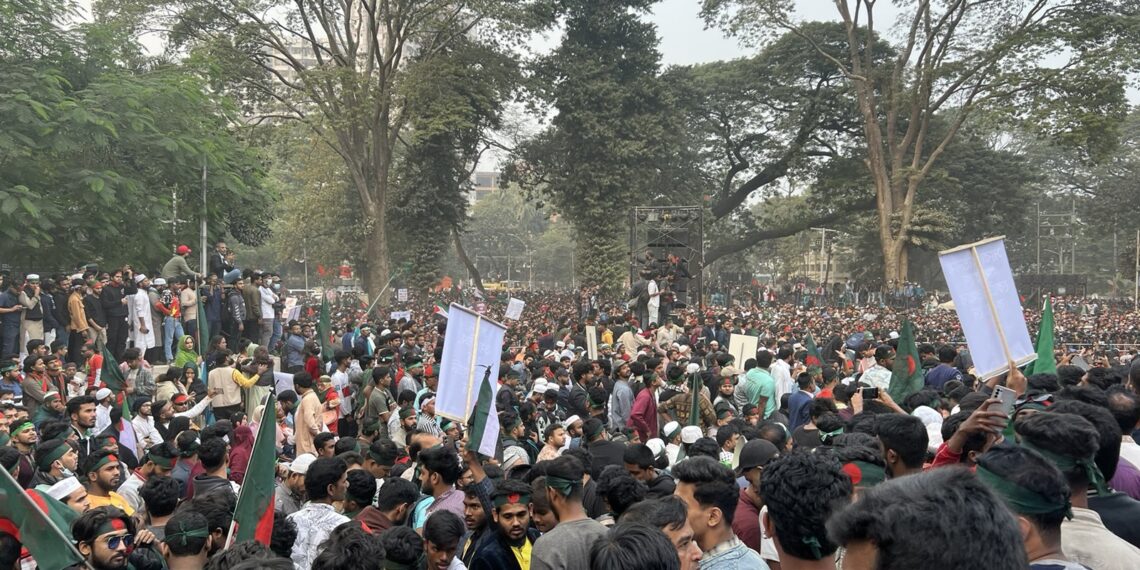Dhaka: Bangladesh authorities have arrested 41 former police officers as part of a broader investigation into atrocities committed during the student-led protests of 2024, which ultimately led to the ouster of Prime Minister Sheikh Hasina.
A total of 1,059 ex-police personnel have been accused of involvement in the violence that accompanied the protests against the controversial quota system.
The protests, initially sparked by student demands for an end to the quota system, escalated into a full-scale movement that led to Hasina’s resignation on August 5, 2024.
Following the protests, which resulted in over 1,400 deaths between July and August, Hasina fled to India.
According to reports from Prothom Alo, a major Bangladeshi newspaper, surviving victims and families of those killed in the protests have filed hundreds of cases against the 1,059 former police officers.
Among those arrested are former police chiefs Chowdhury Abdullah Al Mamun and AKN Shahidul Haque, as well as former police commissioners Mohammad Asaduzzaan of Dhaka and Mian Saiful Islam of Chattogram. These officers had been serving until Hasina’s departure.
The most prominent figure under investigation is Harunur Rashid, the former additional commissioner of Dhaka Metropolitan Police, who faces the highest number of charges, with 174 cases filed against him.
Arrested former IGP Al Mamun faces 159 charges.
Despite the arrests, many senior officers, including additional police chiefs and other commissioners, are still on the run, with some believed to have fled the country.
Following the protests, Bangladesh has been under the governance of an interim government led by Muhammad Yunus, appointed by the anti-discrimination student movement as the chief advisor.
Meanwhile, the current inspector general of police, Baharul Alam, announced that the cases related to the protests would be investigated by senior police officers in each of the eight police ranges across the country.
ALSO READ: Meghalaya: Jowai to get a railway station soon
In a report released last week, the United Nations Human Rights Office (OHCHR) condemned the violent actions of the Bangladesh police and security forces during the uprising.
According to the report, the security forces engaged in a coordinated strategy of repression, using “disproportionate force,” including shooting military rifles and shotguns loaded with lethal pellets.
The report also alleged that police and paramilitary forces carried out systematic and widespread extrajudicial killings, with many protesters being shot at point-blank range.
The report highlighted that most of the victims of the violence were killed by gunfire from security forces, casting a shadow on the conduct of law enforcement during one of the country’s most significant recent uprisings.















